From talking about “seizing the means of production” and “defund[ing] the police” to refusing to condemn the phrase “globalize the intifada,” Zohran Mamdani, the 33-year-old socialist and Democratic nominee for New York City mayor, has courted controversy with countless statements.
But recently surfaced comments made by Mamdani about a senior al-Qaeda operative could have particular resonance in a city where nearly more than 2,700 people died in al-Qaeda’s September 11, 2001, terrorist attack on the World Trade Center.
In 2015, Mamdani took to Twitter to blame the FBI surveillance of Anwar al-Awlaki, an American imam who became a leader of al-Qaeda in the Arabian Peninsula, for al-Awlaki’s decision to join the terrorist organization. “Why no proper interrogation of what it means for @FBI to have conducted extensive [surveillance] into #al-Awlaki’s private life?” Mamdani wrote in response to a New York Times article about the imam, who had been killed in a 2011 drone strike ordered by President Barack Obama. “Why no further discussion of how #al-Awlaki’s knowledge of [surveillance] eventually led to him to #alqaeda?”
Over the July Fourth weekend, Mamdani faced backlash after users on social media flagged his past comments. “Mamdani is making excuses and rationalizing al-Awlaki joining al Qaeda,” former New York Rep. Peter King, who served on the House Intelligence Committee, told the New York Post. “It should disqualify Mamdani from being mayor of New York City.” Jim McCaffrey, a retired lieutenant in the New York Fire Department, told the Post that Mamdani’s comments were “offensive to all New Yorkers and all Americans. … It’s an absolutely ridiculous assertion on Mamdani’s part. The FBI agents were doing their job.”
What to make of Mamdani’s comments? “It was conventional wisdom in center-left circles that Awlaki was radicalized by the U.S. government’s actions,” Thomas Joscelyn, a terrorism expert and senior fellow at Just Security, told The Dispatch in an interview. “I think that’s false.” Mamdani’s campaign did not respond to a request for comment from The Dispatch.
“The U.S. government, after 9/11, actually embraced [al-Awlaki] as looking for someone who would be a cleric who could possibly speak to the wrongs of 9/11,” Joscelyn said. “Before the U.S. government did anything to him whatsoever in terms of surveillance or otherwise, he had already built a highly suspicious [record] as an extremist.”
The narrative that Mamdani promoted essentially accepted at face value al-Awlaki’s post-9/11 condemnations of the terror attack—condemnations that led many mainstream media outlets to seek out comment from al-Awlaki as a voice of moderation. Al-Awlaki was even invited to the Pentagon in 2002 to speak as a moderate Muslim. Unbeknownst to Pentagon officials—and al-Awlaki himself—he was being tailed by the FBI at the time and had been since 9/11. It was only when al-Awlaki learned later in 2002 of the FBI’s investigation of him—which uncovered his penchant for prostitutes—that he fled the country, and only years later did he become openly allied with al-Qaeda. From Yemen, al-Awlaki inspired terrorists like Ft. Hood shooter Nidal Hassan and helped train and direct Umar Farouk Abdulmutallab, the so-called “underwear bomber” who tried and failed to blow up a passenger jet.
But the FBI had good reason to investigate al-Awlaki soon after 9/11. In 2000, he ministered to two of the 9/11 hijackers at the San Diego mosque where he was an imam and also after he had relocated to a mosque in northern Virginia in 2001. The bipartisan 9/11 Commission reported that it was “unlikely” that Nawaf al-Hazmi and Khalid al-Mihdhar—the two hijackers who sought out al-Awlaki in California—“would have come to the United States without arranging to receive assistance from one or more individuals informed in advance of their arrival.”
While 9/11 mastermind Khalid Sheikh Mohammed generally directed the hijackers to avoid American mosques, he allowed the two hijackers who sought out al-Awlaki in California because they did not speak English well, according to the 9/11 Commission. When the two hijackers arrived in San Diego in February 2001, they established contact with a Saudi named Omar al-Bayoumi, who helped them get an apartment and open bank accounts, and “one of the F.B.I.’s best sources in San Diego informed the F.B.I. that he thought that al-Bayoumi must be an intelligence officer” for the Saudis, according to the Congressional Joint Inquiry into the 9/11 hijackings. On February 4, 2001, according to the 9/11 Commission, there were four phone calls placed between the phones of Bayoumi and al-Awlaki, who may have lent his cell phone to the future hijackers.
The FBI investigations found that al-Awlaki had “closed-door meetings” with the hijackers in California, according to the congressional report on 9/11, and the commission reported that “Hazmi eventually showed up at [al-Awlaki’s] mosque in Virginia, an appearance that may not have been coincidental. We have been unable to learn enough about [al-Awlaki’s] relationship with Hazmi and Mihdhar to reach a conclusion.”
The FBI investigation of al-Awlaki never uncovered enough evidence to charge him in relation to the terrorist attack. “I think al-Awlaki had to know that something was going on,” Bob Bukowski, a retired FBI agent told journalist Scott Shane for his 2015 book about al-Awlaki, Objective Troy. “I don’t think he necessarily knew the details of the plot.”
Joscelyn reported in his own 2022 book, Enemies Near and Far, co-authored with Daveed Gartenstein-Ross, there was plenty of evidence of al-Awlaki’s radicalization before 9/11. In the 1990s, al-Awlaki convinced a student to wage jihad in Bosnia, and he served as a vice president for an “ostensibly benign organization that was in reality a front for al-Qaeda and other jihadist causes,” write Joscelyn and Gartenstein-Ross. The FBI first briefly investigated al-Awlaki in 1999 after it learned he may have been contacted by a procurement agent of Osama bin Laden, according to the 9/11 Commission.
“There’s a whole chain of evidence, one link after another in his career, prior to 9/11 that all lends credence to the idea that he was an extremist already,” Joscelyn told The Dispatch.
Will any of this matter in the New York City mayoral race? The rallying cry “Never Forget” was repeated countless times after 9/11, but making an issue of Mamdani’s comments blaming the FBI for al-Awlaki’s turn to terrorism could require educating voters about an al-Qaeda operative they may have never known about in the first place.
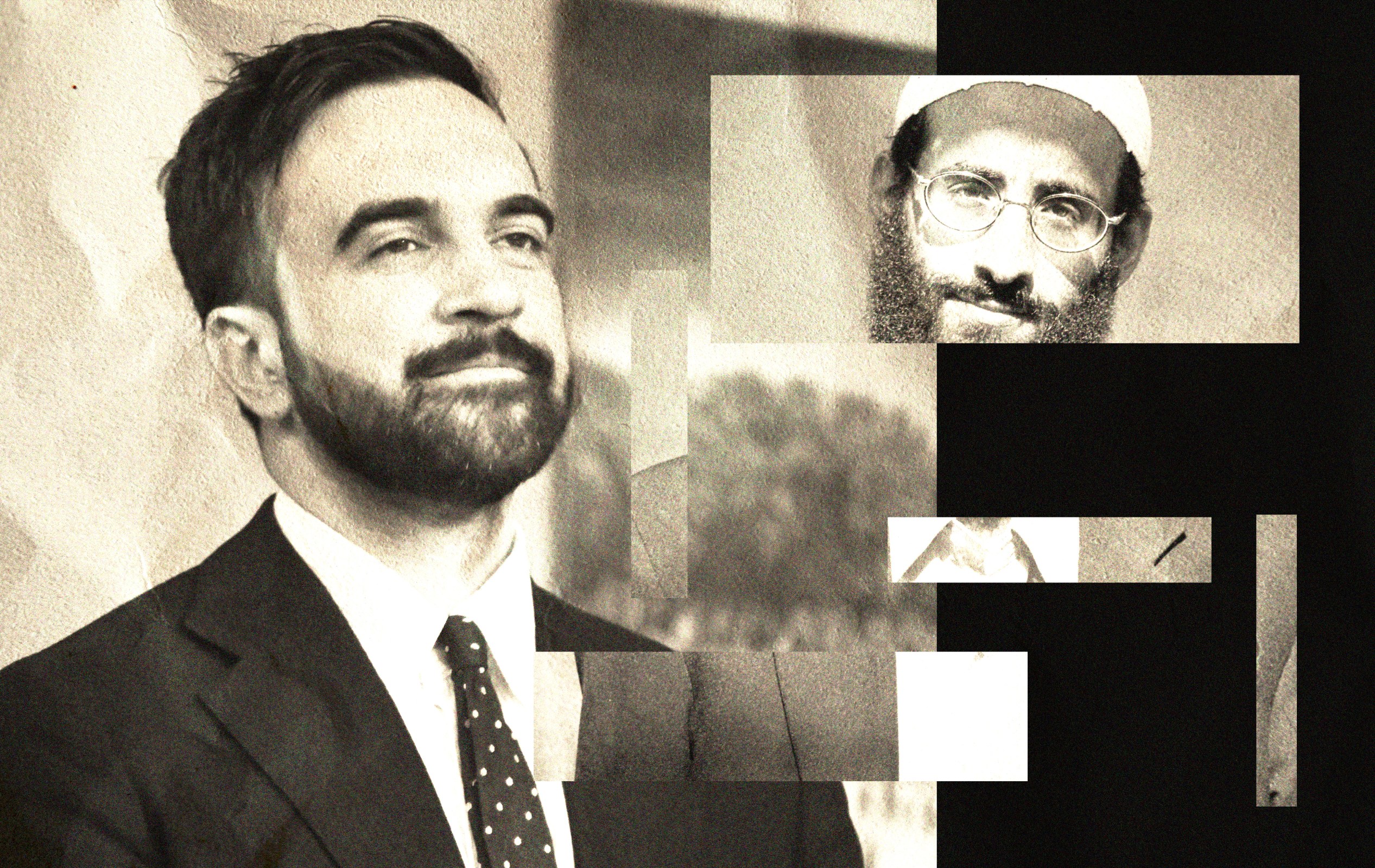

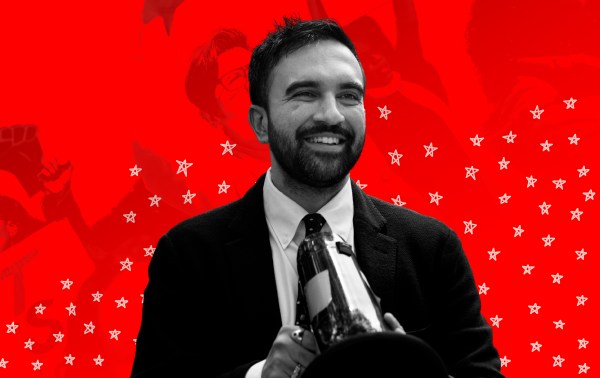
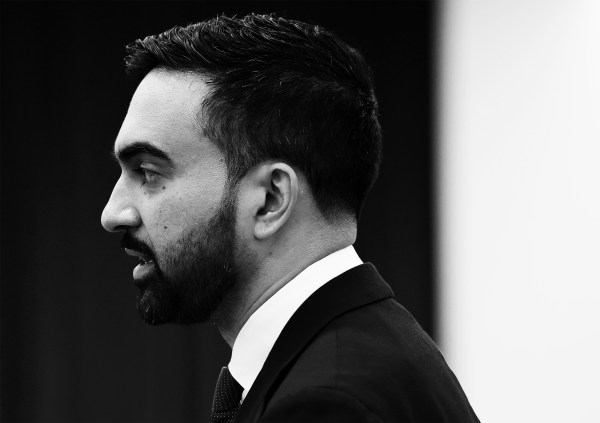
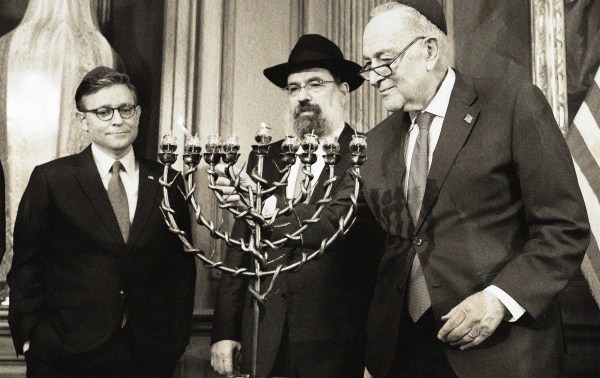
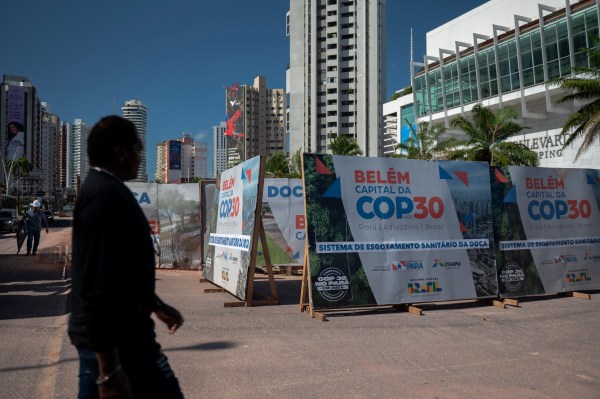



Please note that we at The Dispatch hold ourselves, our work, and our commenters to a higher standard than other places on the internet. We welcome comments that foster genuine debate or discussion—including comments critical of us or our work—but responses that include ad hominem attacks on fellow Dispatch members or are intended to stoke fear and anger may be moderated.
With your membership, you only have the ability to comment on The Morning Dispatch articles. Consider upgrading to join the conversation everywhere.